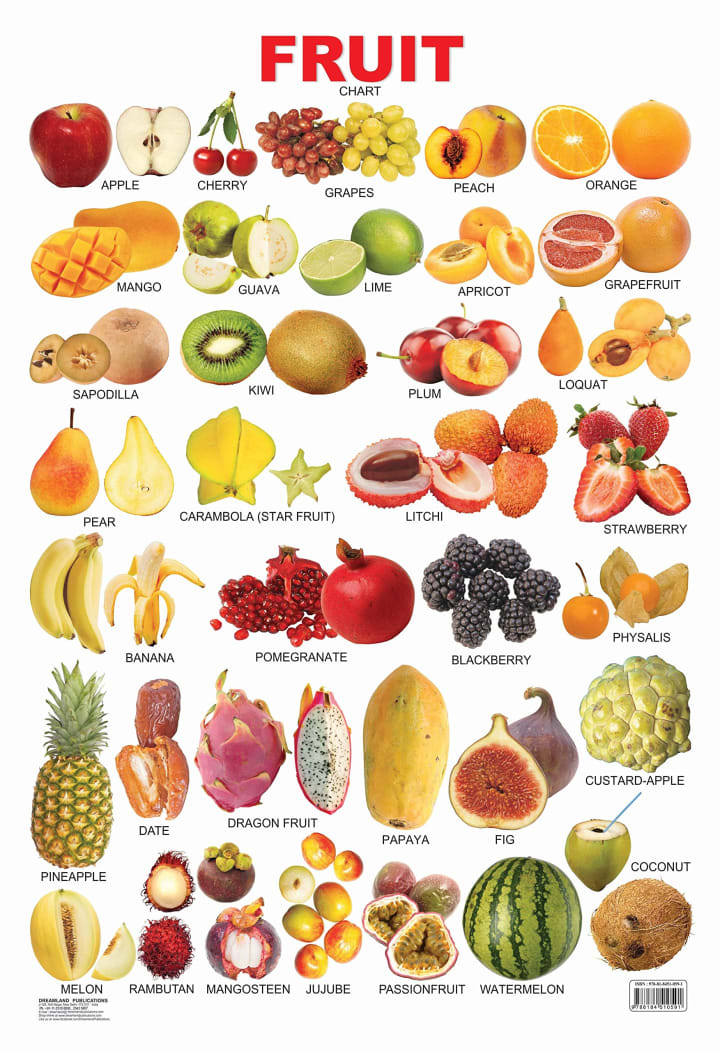The Benefits of a Plant-Based Diet: Health, Sustainability and More
Lets find out..

Lets start with the most important question now!
What is plant-based diet?
A plant-based diet is a diet that emphasizes whole, minimally processed foods that come from plants, such as fruits, vegetables, legumes, whole grains, nuts, and seeds.
The goal of a plant-based diet is to focus on consuming nutrient-dense whole foods that are high in fiber, vitamins, minerals, and phytonutrients. It emphasizes the intake of plant-based proteins, such as legumes, nuts, and seeds, and encourages individuals to limit their consumption of processed and refined foods.
There are many reasons why someone might choose a plant-based diet, including concerns for animal welfare, environmental sustainability, and health benefits.
Studies have shown that plant-based diets can be beneficial for reducing the risk of chronic disease:heart disease type 2 diabetes certain types of cancer
Plant-based diets are typically high in fiber, vitamins, and minerals, and low in saturated fat and cholesterol.
There are several different types of plant-based diets, including:
- vegan
- vegetarian
- flexitarian
A vegan diet excludes all animal products, including meat, dairy, eggs, and honey, while a vegetarian diet excludes meat but may include dairy and eggs. A flexitarian diet is a plant-based diet that occasionally includes small amounts of animal-based foods.
While a plant-based diet can be very healthy, it's important to ensure that you're getting all the nutrients your body needs. For example, plant-based sources of protein, such as beans and tofu, may be lower in certain essential amino acids than animal-based sources of protein.
However, by eating a variety of plant-based foods and including fortified foods or supplements as needed, it's possible to meet all your nutrient needs on a plant-based diet.

Plant-based diets can also be a great way to reduce your carbon footprint and support environmental sustainability.
Animal agriculture is a major contributor to greenhouse gas emissions, deforestation, and water pollution, so reducing or eliminating animal products from your diet can have a positive impact on the environment.
There are some potential downsides to a plant-based diet as well.
For example, some plant-based diets may be low in certain nutrients, such as vitamin B12, iron, and calcium.
However, these nutrients can be obtained from fortified foods or supplements. Additionally, some people may have difficulty digesting certain plant-based foods, such as beans or cruciferous vegetables, which can cause gastrointestinal discomfort.
Overall, a plant-based diet can be a healthy and sustainable way to eat. By emphasizing whole, plant-based foods and limiting or eliminating animal-based foods, you can reduce your risk of chronic diseases, support environmental sustainability, and potentially even lose weight
However, it's important to ensure that you're getting all the nutrients your body needs, and to consult with a healthcare professional or registered dietitian if you have any concerns about your diet.
We have a list with fruits that are included in the plant-based diet.

In addition to the health benefits, a plant-based diet can also be a sustainable and ethical way of eating. Animal agriculture is a major contributor to greenhouse gas emissions, deforestation, and water pollution, so reducing or eliminating animal products from your diet can have a positive impact on the environment.
- Reduced risk of chronic diseases: Plant-based diets have been associated with a reduced risk of chronic diseases, including heart disease, type 2 diabetes, high blood pressure, and certain types of cancer. This may be due in part to the high nutrient content of plant-based foods, as well as their high fiber and low saturated fat content.
- Improved weight management: Plant-based diets can be an effective way to manage weight, as they tend to be lower in calories and higher in fiber compared to diets that include animal products.
- Better digestive health: Plant-based diets are high in fiber, which can help promote healthy digestion and reduce the risk of constipation, hemorrhoids, and other digestive issues.
- Increased energy: It can provide a steady source of energy throughout the day, as they are rich in complex carbohydrates and contain important vitamins and minerals.
- Better environmental sustainability: Animal agriculture is a major contributor to greenhouse gas emissions, deforestation, and water pollution. By consuming more plant-based foods and reducing or eliminating animal products, you can help reduce your environmental impact.
- Lower healthcare costs: Eating a plant-based diet has been associated with lower healthcare costs, as a diet rich in whole foods can help prevent chronic diseases and reduce the need for medical interventions.(The best benefit for me xax)
Thank you so much for reading this i appreciate it. You can subscribe if you like this blog and if you want more of this.Have a nice day everyone.
About the Creator
Borislavaxx
Hey guys.If you're looking for inspiration, motivation, or health tips, you've come to the right place.So,take a look around,explore the different topics,and feel free to engage with me or others.Just keep the good vibes.






Comments
There are no comments for this story
Be the first to respond and start the conversation.